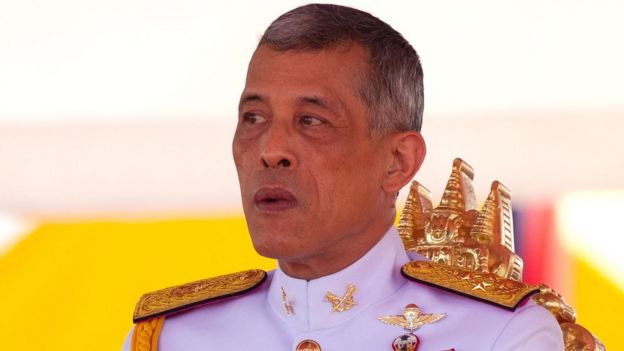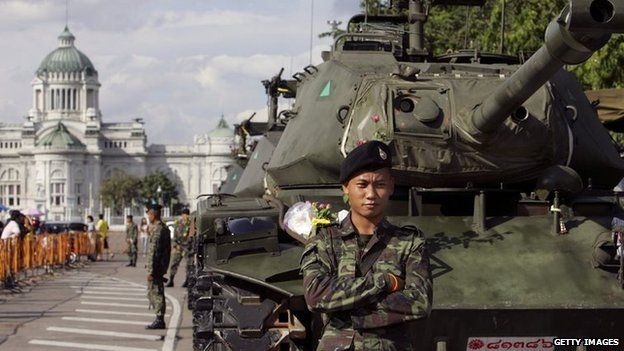This week has been a relatively calm week in the terms of global politics- not as much is happening as there was in the past. In theory, that should be a good thing as the less instability in the international state system the better. This week we will be analyzing a country that is lying in a very precarious position: Thailand. Although Thailand is not currently in a crisis they are positioned in a game of see-saw. The outcomes of the events currently being played out have the potential to return the country to a democratic state- or the potential to dash any remaining hope of reestablishing democracy within the country.

So what is happening in the country? Political turmoil over the elections that will be occuring in the country in March. The turmoil itself lies within the fact that ex-princess of Thailand Ubolratana Mahidol has declared her intention to run for Prime Minister of Thailand in the next election. This is deemed controversial as for the rest of Thailand history, the royal family has refrained from being involved in the political system (at least, public office). This has caused large tension between Mahidol and the rest of her family following her announcement.
Following her declaration to run, King Vajiralongkorn of Thailand released a statement condoning her actions calling it “inappropriate” and “unprecedented” in Thailand’s culture. Mahidol argues that there is nothing wrong with what she is doing. She has renounced her royalty over 40 years ago in order to marry and move to the United States. Since she has done this, she argues that she is no more than a commoner in Thailand who simply wants what is best for the people of the nation. This is controversial, however, because although she has formally renounced her royalty, she still maintains certain social benefits from her status as a former princess that can’t be ignored and would give her an edge over her competition.

I should clarify that this isn’t some type of political power grab made by her independently- she was in fact nominated by the Thai Raska Chart party in her country.
This is a pivotal time in Thailand politics because it gives the country a chance to return to a democratic state. It has currently been under military rule for the past five years. For Thailand, military rule is no stranger- the country has unfortunately been under military rule on numerous occasions. Despite these periods of military rule the country has still been under “constitutional rule” (if you overlook the military regimes) for over 80 years.

So where is Thailand heading? The resolution to this crisis is critical to the survival of democracy within the country as a whole. The King of Thailand has publicly denounced her actions, as previously mentioned, and because of this there will likely be an elections committee formed to determine whether or not she is eligible to run for Prime Minister. The decision of this committee will have major implications for the future of Thailand. If they decide that ex-princess Ubolratana Mahidol is unable to run due to her past as royalty there could be potential riots in the street, claiming that the decision was unfair and just a political move made by the King to stop his sister from gaining power. At the same time, if they decide she is eligible to run, there could just as well be protests in the country claiming that the royal family was attempting to consolidate all of the powers in their hands again.
Either way, the series of events unfolding in Thailand are fascinating to watch and will have important implications for South Asian politics. Although Thailand politics are not often reported on by major media in the United States, this story has the potentially to be covered, and if it is not covered I strongly encourage that you do some research to stay up to date on the events on your own.
Images courtesy of BBC News



